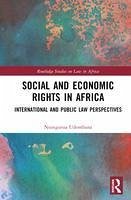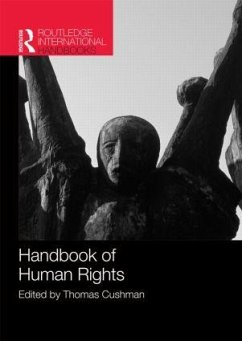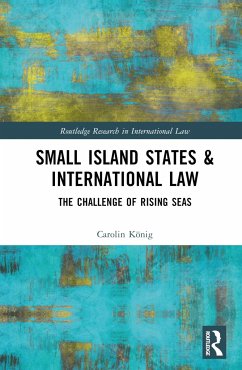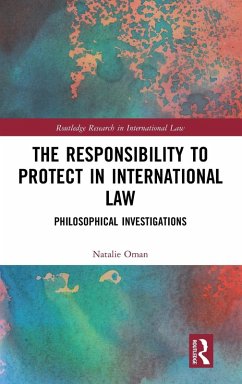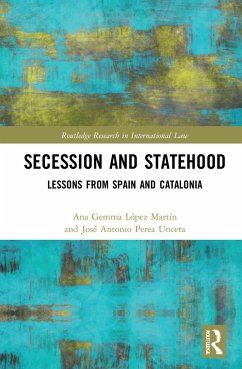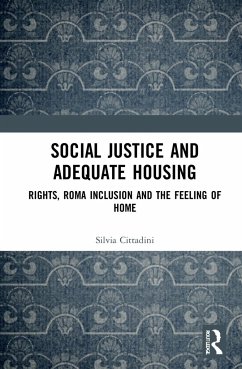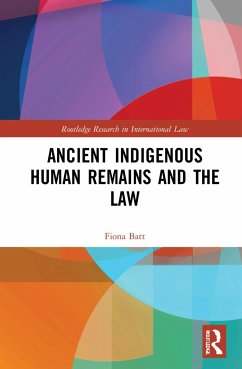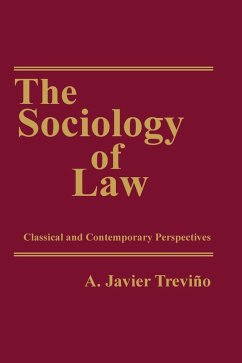Nsongurua Udombana is Professor of Public International Law and, presently, affi liates with Topfaith University, Nigeria. He obtained the degrees of Bachelor of Laws (LLB) and Master of Laws (LLM) at the University of Lagos, and Doctor Legum (LLD) at the University of South Africa. A fellow of the Chartered Institute of Arbitrators (FCArb), Professor Udombana has been a member of the Nigerian Bar since 1989, besides membership of other professional bodies. He previously taught at Central European University (CEU), Budapest; York University, Ontario; and in several African universities, including the University of Lagos and Babcock University, both in Nigeria, and the University of Pretoria, as well as the Open University of Tanzania. A Genest Global scholar of the Osgoode Hall Law School for 2011-2012, Professor Udombana was formerly Director, CEU Centre for Human Rights; Dean of Law, University of Uyo, Nigeria; pioneer Pro-Chancellor, Ritman University, Nigeria; and member of Nigeria's National Conference in 2014. He writes and publishes on international law themes, with an Afrocentric perspective. He is a widely read scholar.
